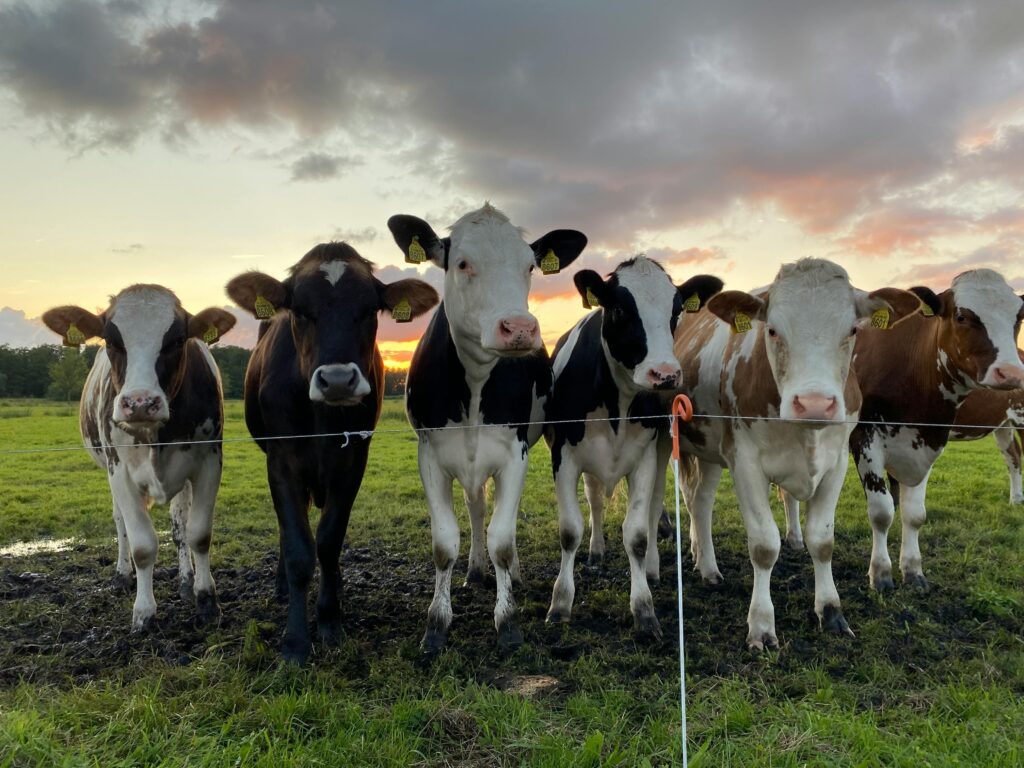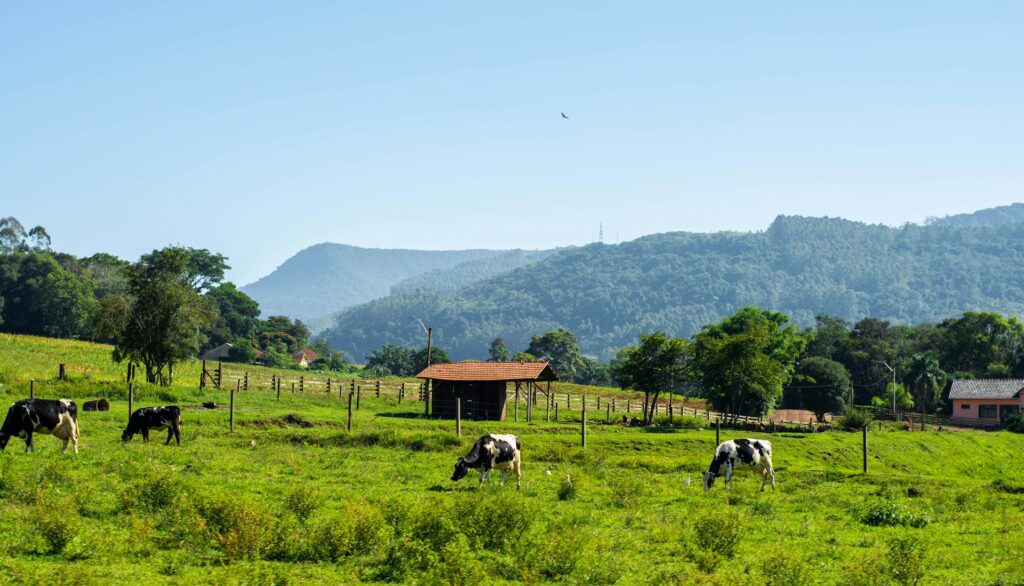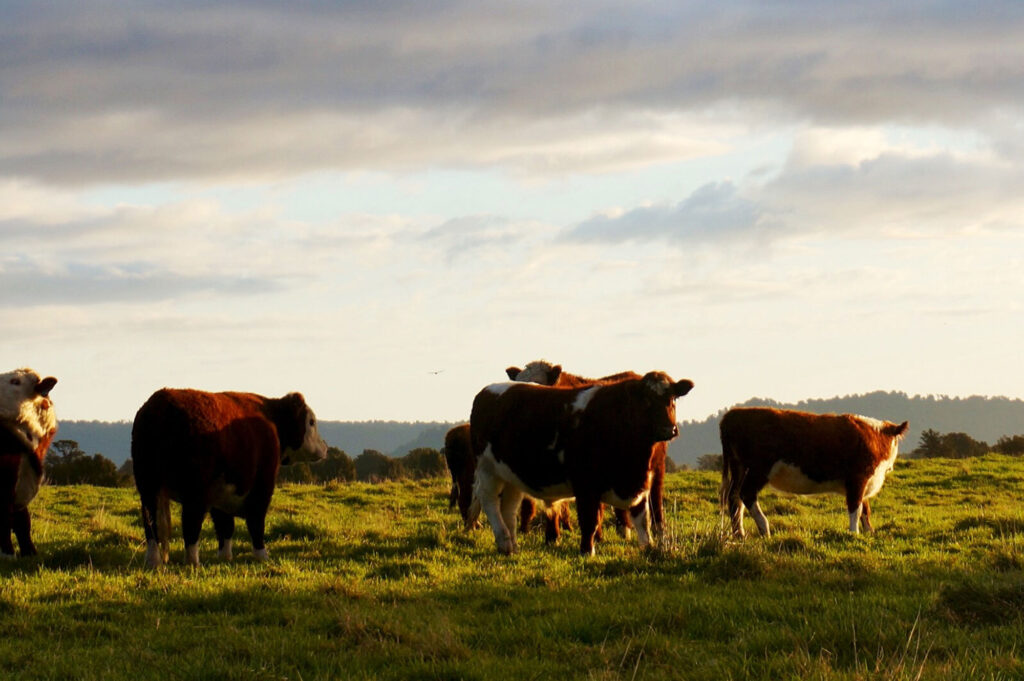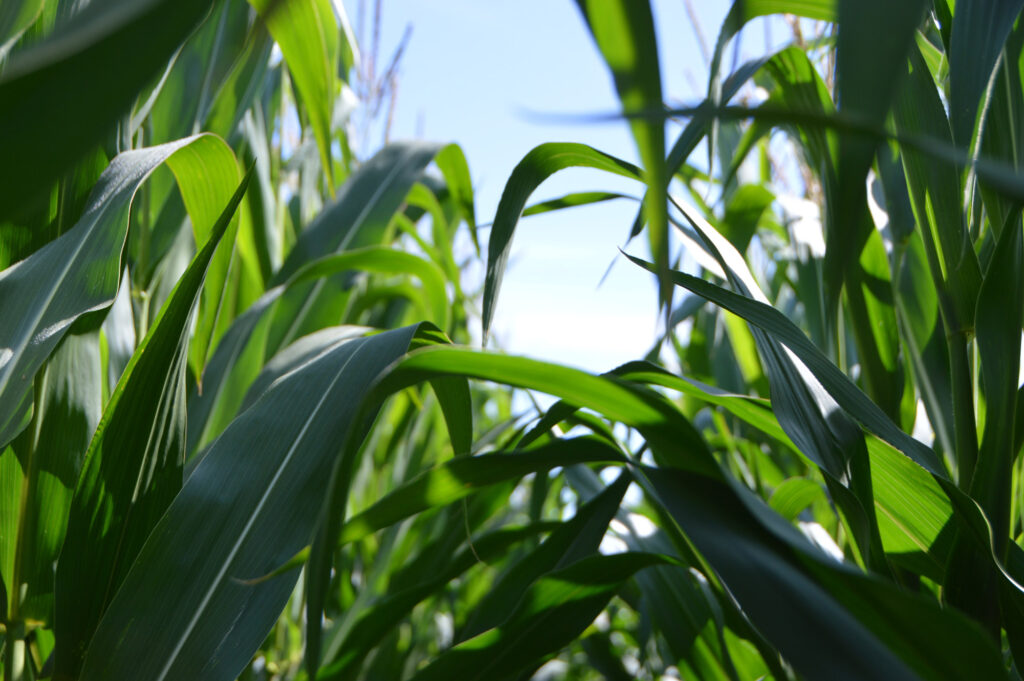In today’s climate-conscious world, agriculture industries are under increasing pressure to adopt sustainable practices. Livestock Water & Energy are leading the charge in innovative wastewater treatment solutions, helping American farmers offset their carbon emissions as well as earn carbon credits to offset further carbon emissions or trade in global markets. Livestock Water & Energy projects will incur both carbon credits and carbon offsets, but there’s a significant difference between the two. This article will outline the difference between these two environmental benefits and how American farmers can even benefit economically.
Understanding Carbon Credits
Carbon credits are a tradable permit or certificate representing the right to emit one ton of carbon dioxide (CO2) or its equivalent. These credits are typically generated by projects that reduce or remove greenhouse gas emissions from the atmosphere. For us at Livestock Water & Energy, our wastewater treatment plants play a crucial role in reducing emissions by converting agricultural and wastewater into clean water and solid dry fertilizer.
Carbon credits can be bought and sold in carbon markets, which can be either voluntary or regulated by governments or international agreements. Buyers of carbon credits, often referred to as “offset buyers,” use these credits to compensate for their own emissions or to meet regulatory requirements related to emissions reduction.
By retrofitting existing facilities with advanced wastewater treatment solutions or providing financing for new barn builds, we contribute to the reduction of methane emissions from traditional manure lagoons. This reduction qualifies as a carbon credit, as it directly offsets the carbon footprint associated with livestock farming.

Exploring Carbon Offsets
On the other hand, carbon offsets represent investments in environmental projects outside of our operations to compensate for our own emissions, offering opportunities for businesses to offset their carbon footprint. These offsets fund projects such as reforestation, renewable energy development, or methane capture initiatives.
Investing in projects that promote sustainability and reduce greenhouse gas emissions aligns with the broader goal of transitioning towards a low-carbon economy.
Bridging Sustainability with Wastewater Treatment Solutions
Our commitment to sustainable farming and wastewater treatment intersects with the concepts of carbon credits and offsets. By eliminating the need for manure lagoons and transforming waste into valuable resources, we contribute to both environmental conservation and carbon mitigation efforts.
For those seeking water treatment services to enhance their agricultural operations, considering suppliers with a focus on sustainability can indirectly support carbon offset initiatives. Working with our team of experts not only ensures efficient wastewater treatment but also contributes to the broader goal of reducing carbon emissions in the agriculture industry.

Conclusion
In essence, while carbon credits directly mitigate emissions from specific activities like wastewater treatment, carbon offsets offer a broader approach by funding external projects to counterbalance carbon footprints. Livestock Water & Energy are leaders in pioneering innovative solutions for wastewater treatment and carbon mitigation in America’s agriculture industry. Embracing these concepts not only benefits the environment but also aligns with our principles of responsible business practices in a rapidly evolving world.



